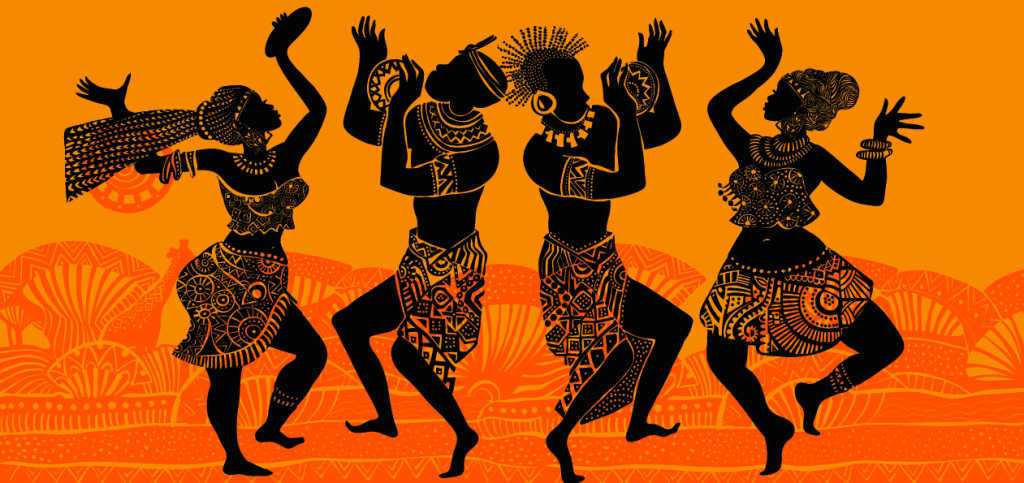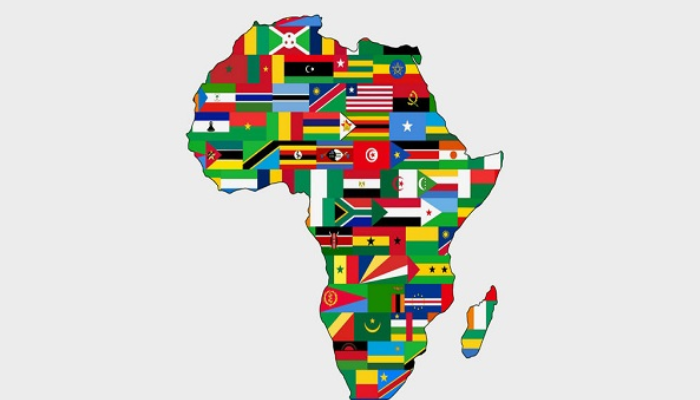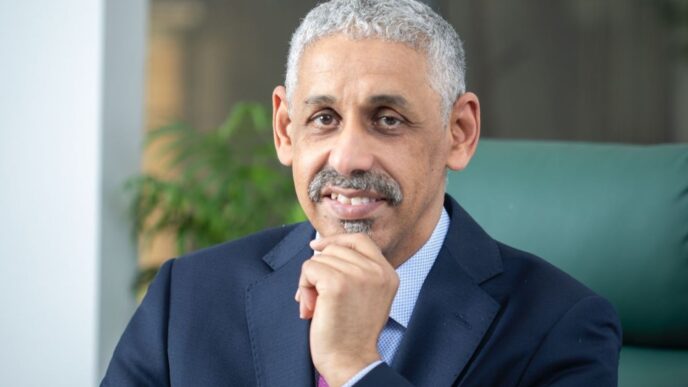Africa’s vast cultural diversity—so often viewed as a challenge—can and should be seen as a powerful asset in the continent’s path to sustainable development. Rather than mimicking external models, African nations must reimagine progress through values and practices rooted in their own histories, identities, and communal strengths.
Culture, by its very nature, is fluid. It encompasses the way people live, think, and relate. The United Nations Educational, Scientific and Cultural Organisation (UNESCO) defines culture as the “complex whole” made up of knowledge, beliefs, arts, laws, customs, and habits acquired by individuals as members of society.
The existence of resource-rich yet poor nations like Sierra Leone, or wealthy tropical countries like Singapore, challenges the idea that geography alone explains global inequalities. It’s clear that culture, in all its complexity, plays a crucial role.
As Almaz Negash, founder of the African Diaspora Network, has emphasised in other contexts, nations succeed when they tap into the values already embedded in their societies rather than importing foreign blueprints wholesale.
Yet culture is not static. Across Africa, while many communities have nurtured traditions that foster entrepreneurship, resilience and cooperation, others have held onto values that, in today’s global economy, may inadvertently hinder progress. The challenge lies in distinguishing which aspects of culture to preserve, and which to re-evaluate.
In workplaces, for instance, African employees in foreign-run multinationals have often demonstrated remarkable discipline, loyalty, and performance—particularly in sectors like mining in South Africa, Zambia, and the Democratic Republic of Congo. However, when such workers returned home, they frequently struggled to adjust to jobs outside the mining sector due to limited skills transferability.
Cultural attitudes towards work also vary across communities. Groups such as the Chaga (Tanzania), Serahule (Gambia), Fula (West Africa), Igbo and Hausa (Nigeria), and Kikuyu (Kenya) are widely recognised for their entrepreneurial spirit and adaptability. Their economic success illustrates how cultural traits—like thrift, perseverance, and initiative—can drive local development when properly harnessed.
Still, trust remains a fragile currency in many African societies. The decline in communal trust, particularly in political leadership, continues to obstruct progress. Negash has noted that in places like Japan, public officials accused of corruption often resign or face legal consequences. In contrast, in many African countries, accountability is rare, and allegations of wrongdoing are frequently met with denials or claims of political persecution.
Even within African families and businesses, trust is often selectively applied. Disputes over inheritance, the breakdown of family-run enterprises after the death of a patriarch, and an unwillingness to form external partnerships all reflect a broader hesitation to embrace transparency and shared decision-making. As a result, many promising ventures remain small, inward-looking, and vulnerable.
Another deeply embedded cultural feature—the extended family system—embodies both generosity and risk. Traditionally, successful individuals are expected to support relatives with school fees, housing, healthcare, and more. While this fosters social cohesion, it can also drain resources and discourage personal investment in ventures that could benefit entire communities long-term. As depicted in many Nigeria’s Nollywood films, such support systems can become fraught with envy, entitlement, and conflict.
Attitudes to time and punctuality also affect Africa’s development trajectory. While traditional societies often respected specific time-bound rituals, modern attitudes toward timeliness have become more relaxed—particularly in public institutions. In contrast, the private sector, influenced by international standards, places a premium on punctuality. Delays and missed deadlines can undermine African businesses’ ability to compete globally, leading to lost contracts and missed opportunities.
Historically, certain jobs were considered socially undesirable or inappropriate, particularly for men. In the 1970s and 1980s, roles such as cleaners, waiters, or hotel cooks were often shunned. Today, with unemployment rates soaring and economies under strain, this mindset must evolve. All work must be valued, and employment must be decoupled from rigid gender and class expectations.

Despite these challenges, there are areas where Africa’s cultural assets have flourished and yielded impressive results—particularly in music and cinema. In Southern Africa, music played a vital role in the anti-apartheid struggle. Political figures such as Nelson Mandela credited liberation songs with sustaining morale during incarceration. Artists like M’bilia Bel, Koffi Olomide, and Papa Wemba helped create a pan-African sound that spread beyond the continent, fuelled by both talent and strategic partnerships.
As the South by Southwest (SXSW) festival noted in 2012, Africa’s music industry has expanded rapidly, offering livelihood opportunities through local studios and live performances. Though piracy and low pricing remain issues, the potential for job creation and cultural export is immense.
Governments, however, must step in. Strengthening copyright laws, supporting creative industries, and partnering with the private sector are vital steps to scale this sector further. Negash has highlighted how successful diaspora communities channel funds into culture through philanthropy—something that governments should emulate on a broader scale.
African cinema has similarly blossomed. The Nigerian film industry—Nollywood—employs over a million people and has a global following. Former Nigerian President Goodluck Jonathan called it the “country’s shining light,” and his administration prioritised its development. Films like Tsotsi from South Africa, which won an Academy Award in 2006, and international productions shot on African soil such as Blood Diamond and Invictus, demonstrate the industry’s growing credibility and reach.
As Africa looks to the future, it must celebrate its own stories and redefine development through its own lens. For real progress, African leaders must embrace good governance—not as an abstract ideal but as a practical necessity. Cultural values such as transparency, accountability, and trustworthiness should underpin every development strategy. Like Japan, each African country must chart its path based on its unique values, history, and strengths.
Culture is not a barrier to development. It is the foundation upon which African prosperity can and must be built.


 Trending
Trending 










